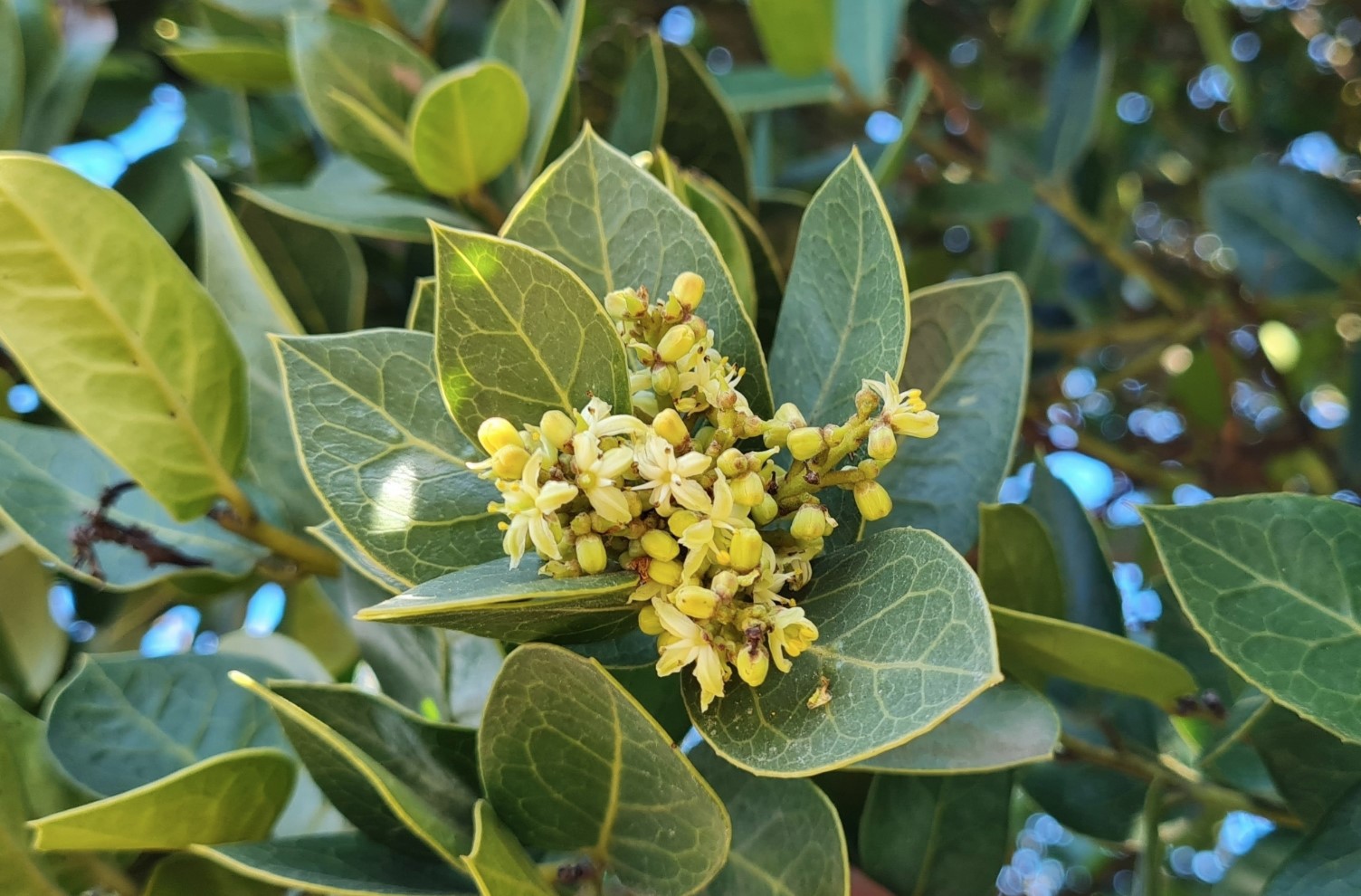
When most people hear the word citronella, they immediately think of mosquito-repellent candles or sprays. But did you know that citronella is not just a product, but also an entire genus of plants? The plants in the citronella genus are known for their essential oils, which have a strong lemony scent and offer natural insect-repelling properties. Let’s dive into the world of citronella and explore what makes these plants so useful and fascinating.
Overview of the Citronella Genus
| Feature | Description |
|---|---|
| Scientific Name | Citronella |
| Family | Poaceae (Grass family) |
| Native Range | Tropical and subtropical regions |
| Primary Use | Essential oils for insect repellent, fragrance, and medicinal purposes |
| Fragrance | Strong lemony or citrus-like scent |
| Common Species | Cymbopogon nardus (True citronella), Cymbopogon winterianus (Java citronella) |
| Plant Type | Perennial grasses |
The Citronella Species: Understanding the Basics
The genus citronella consists of several species of tall perennial grasses that thrive in warm, tropical climates. These plants produce fragrant oils that have been used for centuries, especially for their natural ability to repel insects.
Here are the most popular species within the citronella genus:
1. Cymbopogon nardus (True Citronella)
- Known as true citronella, this species is native to Sri Lanka and Southeast Asia. Its essential oil has a softer fragrance compared to other varieties but is still very effective at repelling mosquitoes. This plant is often found in commercial mosquito-repellent products.
2. Cymbopogon winterianus (Java Citronella)
- Also called Java citronella, this species has a stronger and more concentrated scent. It is more commonly used in essential oil production because of its higher oil yield compared to Cymbopogon nardus.
3. Citronella mucronata (Chilean Citronella)
- A less common species, Citronella mucronata, is native to Chile. It differs from the Cymbopogon species as it is a woody shrub rather than a grass. Though not as popular for essential oil production, its fragrant leaves are still highly valued.
Why Citronella Plants Are So Popular
The popularity of citronella can be attributed to its natural insect-repellent properties and pleasant fragrance. Citronella oil, extracted from the leaves and stems of the plant, contains several active compounds, including citronellal, citronellol, and geraniol. These compounds are known for their ability to repel insects, especially mosquitoes, and are the main ingredients in many natural insect-repellent products.
But there’s more to citronella than just bug sprays. Let’s explore some of the main uses and benefits of citronella plants and oils.
Uses and Benefits of Citronella
1. Insect Repellent
Perhaps the most well-known benefit of citronella is its ability to repel insects, particularly mosquitoes. Many people prefer using citronella oil in candles, sprays, and lotions because it’s a natural alternative to chemical insect repellents like DEET. Just having a citronella plant in your garden can help reduce the number of mosquitoes in your outdoor space.
2. Aromatherapy
Citronella’s lemony scent is not only pleasant but also has aromatherapy benefits. The refreshing aroma can help reduce stress and anxiety, making it a popular choice for diffusers and air fresheners. The essential oil can be added to bathwater or combined with carrier oils for a relaxing massage.
3. Anti-inflammatory and Antimicrobial Properties
Citronella oil has long been used in traditional medicine for its anti-inflammatory and antimicrobial properties. It can be applied topically (after being diluted) to help with skin irritation, insect bites, and even fungal infections. The oil is often added to homemade cleaning solutions for its natural disinfectant qualities.
4. Culinary Uses
Though less common, some citronella species (particularly those from the Cymbopogon genus) are used in cooking. The leaves can be infused in teas, soups, and curries, adding a subtle citrus flavor to the dish. However, it’s important to note that not all species of citronella are suitable for culinary use, and it’s primarily lemongrass (Cymbopogon citratus) that’s favored in the kitchen.
5. Skincare and Beauty
Citronella oil’s antimicrobial and astringent properties make it a popular ingredient in natural skincare products. It helps reduce excess oil on the skin, minimize acne, and acts as a natural deodorant.

How to Grow and Care for Citronella Plants
If you’re looking to add a citronella plant to your garden, here’s how to grow it successfully:
1. Light Requirements
Citronella plants love the sun. They thrive in full sunlight, so be sure to plant them in a spot that gets at least 6-8 hours of sun each day. If you’re growing them indoors, place them near a bright window with plenty of direct light.
2. Watering and Soil
Citronella plants prefer well-drained soil that stays slightly moist, but not soggy. Overwatering can lead to root rot, so it’s essential to allow the soil to dry out between waterings. A sandy, loamy soil works best for these plants.
3. Temperature and Humidity
Being tropical plants, citronella thrives in warm climates. It won’t tolerate frost, so if you live in a cooler region, it’s a good idea to plant citronella in pots so you can bring them indoors during colder months. High humidity is ideal, but the plant will still grow in moderate conditions.
4. Fertilization
Citronella plants don’t need much fertilization, but you can apply a balanced fertilizer during the growing season to encourage healthy growth. Too much fertilizer can cause the plant to grow leggy, so it’s best to use it sparingly.
5. Pruning and Harvesting
Pruning is key to keeping your citronella plant looking tidy and compact. You can harvest the leaves for personal use throughout the growing season. Simply cut the leaves as needed, making sure not to damage the plant.
Citronella: Natural Pest Control for Your Garden
One of the biggest reasons people plant citronella is to naturally repel insects. When planted near seating areas, walkways, or entry points to the house, citronella plants help keep mosquitoes and other pests at bay. The strong lemony scent that we love is actually disliked by many insects, making citronella an ideal plant for outdoor spaces.
However, it’s important to note that while citronella plants can reduce the number of insects in your garden, they’re not a foolproof method of pest control. To get the full insect-repelling benefits, you may need to crush the leaves to release the oils or use citronella oil in diffusers and sprays.
Conclusion: Why Choose Citronella?
Whether you’re looking to keep mosquitoes away, freshen up your home with a natural fragrance, or explore the health benefits of essential oils, citronella plants offer a wide range of uses. They’re relatively easy to grow, provided they have plenty of sunlight and warm conditions, and they bring a refreshing citrus aroma to any garden or home.
If you’ve been on the fence about adding a citronella plant to your space, now’s the time! Not only will you enjoy its practical benefits, but you’ll also love how it enhances your garden with its bright green, grassy appearance and invigorating fragrance.



